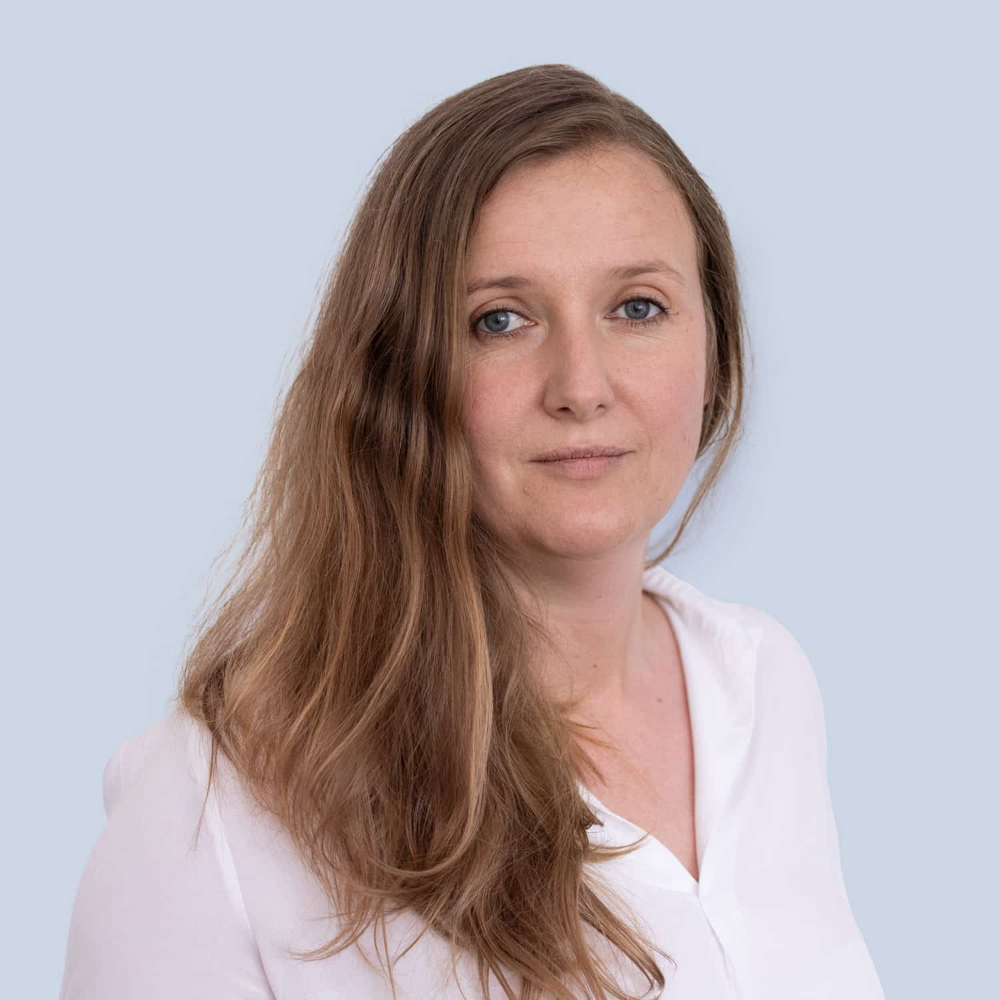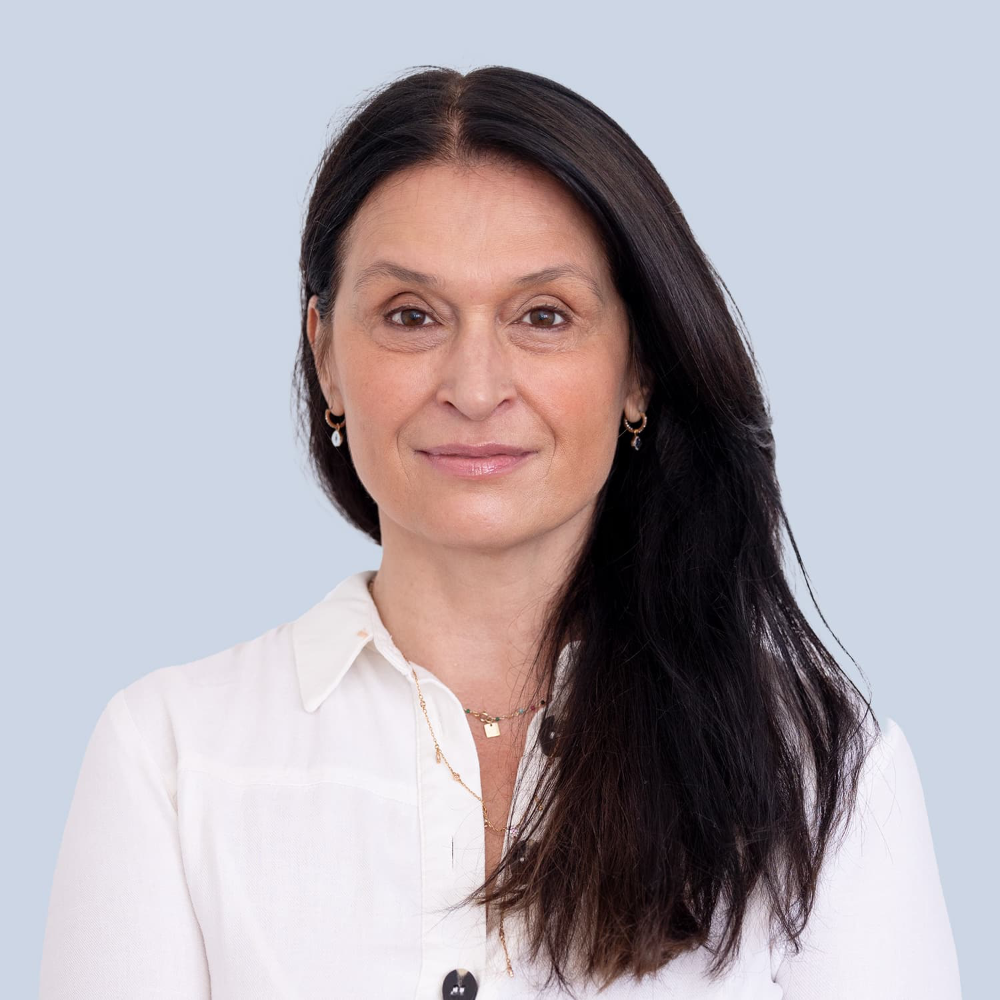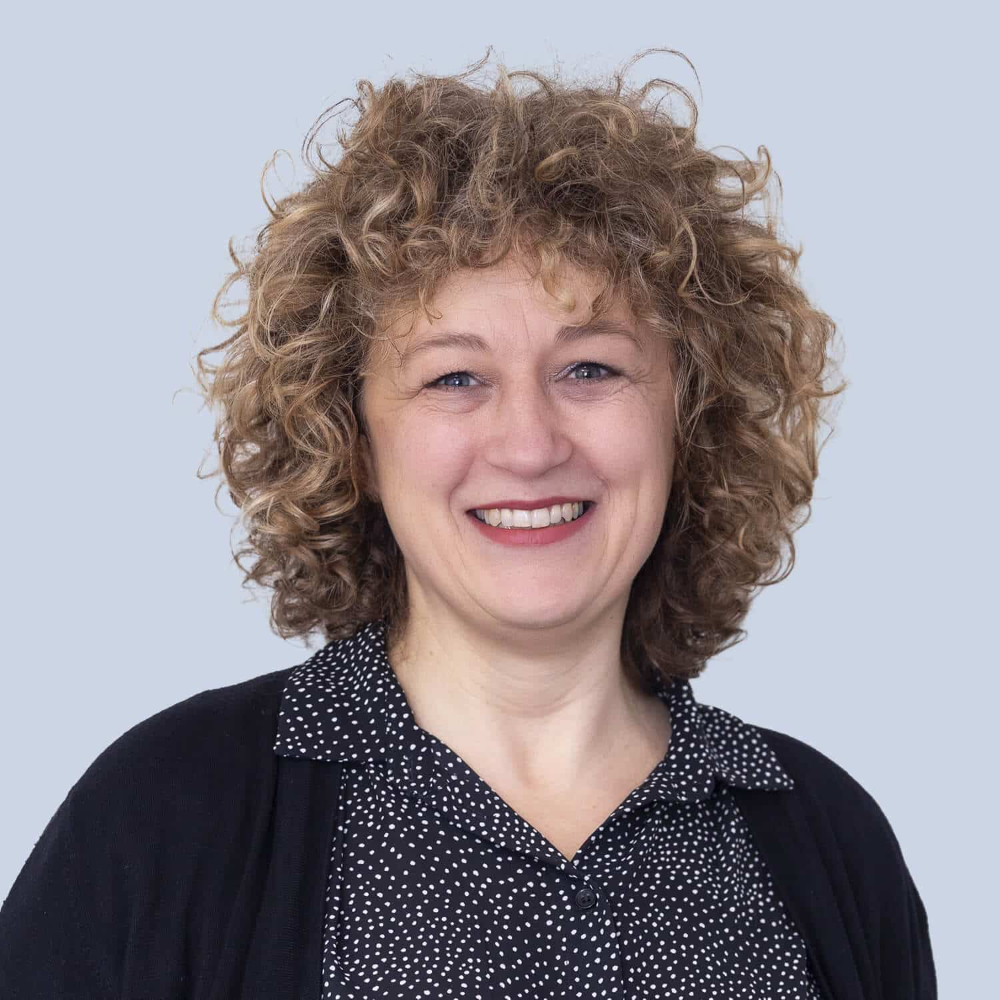How to handle an existential crisis and find the meaning of life
01
What is an existential crisis and how do you recognize it?
An existential crisis is a state in which an individual begins to doubt the meaning of his life, feels lost or disoriented about his values and life purpose. An existential crisis can occur as a result of various factors, such as traumatic experiences, loss of a loved one, life upheavals - divorce, unsatisfactory work or relationships, questions about the meaning of life and existence in general.
02
How to deal with an existential crisis
An existential crisis, like any other crisis, carries development potential. The crisis brings many worries and difficulties, but on the other hand, it offers many possibilities to reorganize your world in a short time. Therapy and consultations at the NEO Center will provide you with valuable support in overcoming an existential crisis and will be your support in finding a way out of the crisis. We are happy to help you discover a new direction in your life.
Our team
Meet our team
Do you need help?
You can send us a message or call us every day from 8 a.m. to 8 p.m. +420 228 226 101
This website is using cookies
You can either allow them all with the "I agree to all" button below, refuse or set the "Detailed settings" in detail. You can also change the selection later. More information about cookies in the Cookie Policy .









